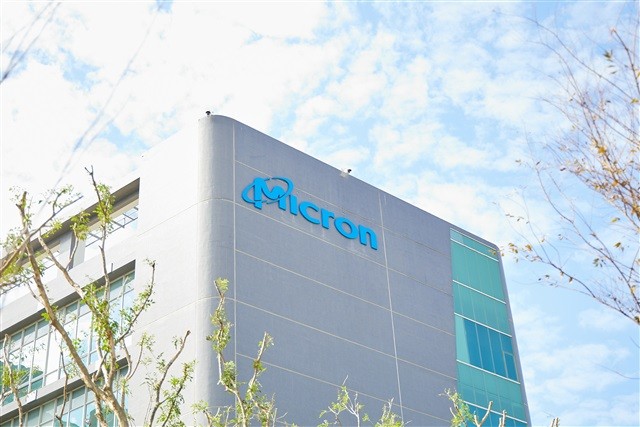Micron Plans Malaysia Plant to Meet High HBM Demand
Recently, Micron is expanding its U.S. HBM test line and plans to open a production base in Malaysia.
Against the backdrop of surging global demand for High Bandwidth Memory (HBM), Micron Technology is expanding its HBM testing and production lines at its headquarters in Boise, Idaho, USA, to meet the high demand brought by the AI boom. Additionally, Micron is considering establishing a manufacturing base in Malaysia.
Previously, Micron had stated its ambition to double its share of the HBM market by 2025 to around 25%, up from the current approximately 10%, aiming to match its 23% to 25% share in the traditional DRAM market.
HBM is a critical component for AI chips, but Micron lags far behind SK hynix and Samsung Electronics in market share in this field. According to market research firm TrendForce, SK hynix holds over 50% of the market share, while Samsung holds 42.4%.
As a leading supplier of AI computing chips globally, NVIDIA is a major consumer of these products. Morgan Stanley reported that NVIDIA's purchases of HBM in 2024 accounted for 48% of the global production that year.
NVIDIA's B200 chip comprises 2 GPUs and 8 HBMs, utilizing stacked DRAM chips to significantly enhance performance and efficiency. This configuration accelerates data transfer speeds between chips, thereby boosting computational power.
Specifically, HBM DRAM chips offer higher capacity and wider interfaces, which also increases production complexity. Each device must undergo individual testing post-production to ensure it meets quality, performance, and power consumption targets.
Currently, only SK hynix, Micron, and Samsung Electronics possess the capability to produce HBM for cutting-edge AI chips. SK hynix is expanding production facilities in the US and South Korea to enhance capacity. Both SK hynix and Micron have received certification from NVIDIA to jointly produce HBM3e for its H200 chip.
Samsung Electronics is awaiting NVIDIA's certification to supply HBM for its B200 chip, currently predominantly supplying less advanced HBM3 and HBM2e to AMD, Google, and Amazon.
Micron Technology has established chip assembly and testing factories in Malaysia, enabling Micron Malaysia to increase output and strengthen assembly and testing capabilities. This allows the company to supply leading NAND, PCDRAM, and SSD modules to meet growing demand from transformative technologies like AI, autonomous vehicles, and electric vehicles.
Furthermore, Micron's largest HBM production base is in Taichung, Taiwan, responsible for producing DRAM molds, testing molds, and assembling HBM3E stacks. Currently, this facility is also undergoing expansion.
Earlier this month, Japanese media reported that Micron plans to invest between 600 billion to 800 billion yen to build a new DRAM factory in Hiroshima. Construction is scheduled to start in early 2026, with the factory expected to be completed and operational by late 2027. Initially, the factory will focus on DRAM production, excluding backend packaging and testing, with a strong emphasis on HBM products.

·Original
Disclaimer: The views in this article are from the original Creator and do not represent the views or position of Hawk Insight. The content of the article is for reference, communication and learning only, and does not constitute investment advice. If it involves copyright issues, please contact us for deletion.